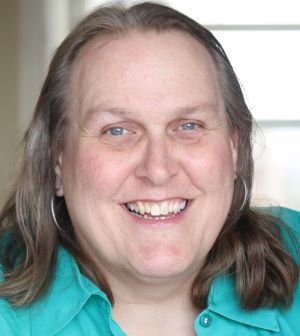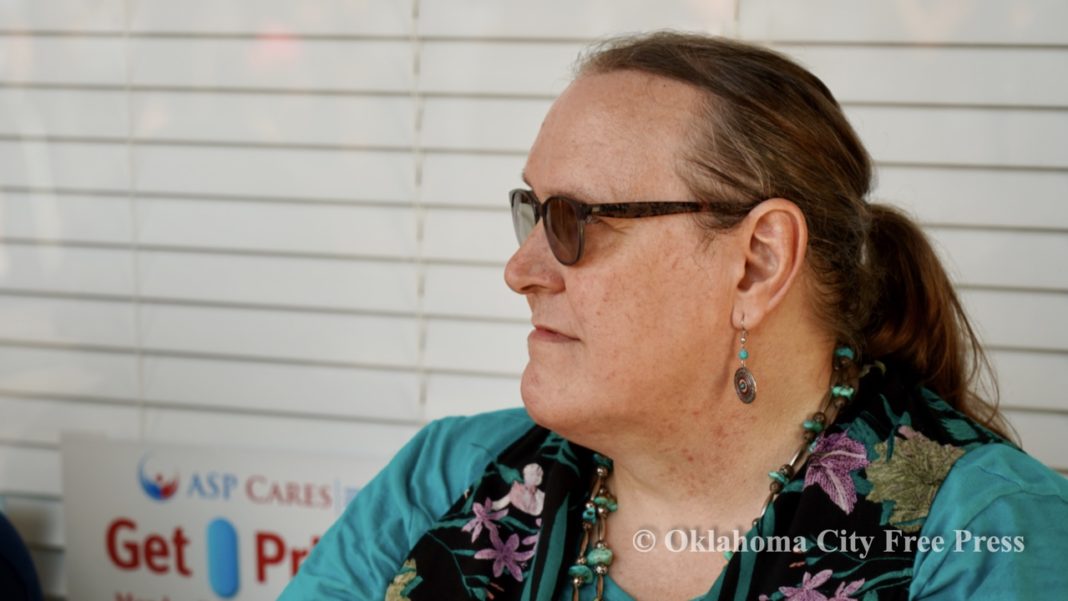Last Updated on January 5, 2024, 12:56 AM | Published: November 5, 2021
Paula Sophia Schonauer, LCSW, continues a serial memoir. If you haven’t read the earlier parts of this series, follow the links at the bottom of this page.
“Dreams do come true, if only we wish hard enough.
You can have anything in life if you will sacrifice everything else for it.”
― J.M. Barrie, Peter Pan
When I was in 5th grade, our teacher, Mrs. Leach, introduced the class to Hurlbut’s Story of the Bible, a collection of stories spanning Genesis to Revelation. Written for children, these stories were accessible and easy to read. We read the stories in religion class, answering questions in our workbooks. We learned about miracles, promises, and prophecies, the covenant of God, and the constant call to repent.
One morning after saying the Pledges of Allegiance to the American Flag and to the Cross of our Lord Savior Jesus Christ, we sat down to discuss a curious story from the Book of Judges Chapter 11.
In his bid to defeat the Ammonites, Jephthah vowed to offer a burnt sacrifice of the first thing that greeted him upon his return from battle. As he approached his home in Mizpah, Jephthah’s daughter ran out to greet him, dancing to the sound of timbrels. With a heavy heart, Jephthah told his daughter about the vow he had made. The daughter asked for two months to roam the hills and visit her friends, weeping because she would never marry. At the end of that time, Jephthah fulfilled his vow. The scripture adds, “And she was a virgin.
The story of Jephthah’s daughter moved me despite its short length and lack of detail. I raised my hand to comment.
Mrs. Leach was a thin woman with a hawkish nose, brown hair tied in a messy bun, wire-frame glasses sliding down her nose. She called upon another student before recognizing me, the smart girl in class with long blond hair, very pretty.
“Didn’t Jephthah know about Abraham and Isaac?”
“Apparently not,” Mrs. Leach replied.
“That’s not fair,” I blurted, not waiting to be recognized.
Mrs. Leach ignored me. I kept my hand raised, but she called upon another student, a girl with long brown braids tied with red ribbons. “But why would God let Jephthah’s daughter die but not Isaac?”
“That’s what I wanted to say,” I said, interrupting.
It seemed this story was bothering the girls in class. Mrs. Leach ignored me again. My arm began to hurt, fingertips getting numb.
None of the other boys had raised their hands to comment, which was typical for this class, and I questioned whether Mrs. Leach disliked boys in general or me in particular. She went on to explain, “Though Jephthah believed in God, he did not believe in the right way. He had not learned the Hebrew ways.”

“But he was a Judge of Israel, and he prayed to God,” I said. “Abraham did some bad things, too. He had Ishmael with another woman and then sent him and his mom out into the desert to die.”But God saved Ishmael and gave him many descendants.”
The message was clear. God likes girls and women less than boys and men. He saved Ishmael from the desert, and he sent a messenger to stop Abraham from sacrificing Isaac. Jephthah’s daughter did not even have a name, and God let her die.
“It’s not fair,” I repeated.
Mrs. Leach walked near my desk, glaring down at me through the glasses at the tip of her thin nose. “God works in mysterious ways.”
The story of Jephthah’s daughter haunted me. It was still the age of miracles, and God had two months to stop a tragedy, but no intervention, no cautionary dream. I imagined a girl tied to an altar, her eyes welling with tears, her father’s knife raised high, sweeping down in a swift arc, plunging into her chest, blood spreading as Jephthah set fire to the brambles gathered around her.
I could not comprehend how someone could sacrifice his only child, a beautiful girl who loved her father, who rejoiced at his safe return from battle, and I could not understand how God would just let it happen when he had intervened for Isaac, Jacob, Joseph, and Moses many times, providing comfort through dreams, miracles both great and small. God had stopped the sun from setting to assure Joshua’s victory over the Amorites, but God would not save Jephthah’s daughter. What a cosmic shrug!
It dawned on me, if God would not stop the murder of Jephthah’s daughter, then God would not protect me unless I embraced boyhood and all that goes with it. I would have to play sports, learn how to be brave, get used to being dirty, get tougher to endure the rough play, the curious insults guys traded during friendly banter, and I would have to aspire to a manly job: a police officer, a soldier, a pilot, or an astronaut, things girls never got to do. The murder of that part of me wanting to be a girl, that would please God. I would sacrifice her so I could go to heaven.
One night, I had a new dream. I was walking down 8th street on a sunny day when I noticed a black cloud in the sky. The cloud was a mere dark dot surrounded by vivid blue, but it got bigger. Not bigger, I realized with dread. Closer. It was descending toward me, following me as I started to run. I ran toward the house, but the distance stretched from near to far, my movements becoming labored and awkward like running in wet sand, slow motion, my screams muted, lower in pitch like a 45-record played at 33 speed. The cloud fell upon me, consumed me, and I screamed and screamed, unable to fight my way out of it. I woke up sweating, fighting to release myself from beneath the heavy blanket on my bed. I sat up, still surrounded by darkness, eyes starved for light, any light at all.
Previous posts
Here are previous segments:
- Manhood, from the inside out — Memoir and Mythology
- Part 2 — Cubby Hole
- Part 3 — Magic Carpet Cocoons
- Part 4 — Snips and Snails and Puppy-Dogs’ Tails
- Part 5 — Mirror
- Part 6 – Deep Water
- Part 7 – Limbo
- Part 8 – Dissociation
- Part 9 – Shame
- Part 10 – Judgement Day
- Part 11 – Inferno
- Part 12 – Haunted
- Part 13 – Did I say that?
- Part 14 – The end times
- Part 15 – Alone again (naturally)
- Part 16 – Welcome to Grey Town
- Part 17 — Stigma
- Part 18 — Turning the other cheek
- Part 19 — Malingering
- Part 20 — Rorschach
- Part 21 – Soft hands
- Part 22 — How real men talk
- Part 23 — Crash landing
- Part 24 — To make a fist
- Part 25 — To hurt another
- Part 26 — Showdown
- Part 27 — Savage aggression
- Part 28 – Heroic
- Part 29 — Fear of death
- Part 30 — To be an android
- Part 31 — Too old for toys
- Part 32 — Her eyes
- Part 33 — A bedtime story
Guest Columnist Paula Sophia is a licensed clinical social worker in Oklahoma City and a former Oklahoma City Police Officer.







